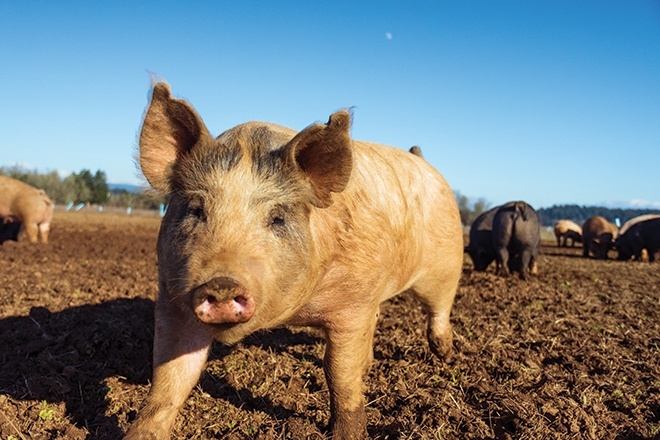Animal movement vehicles and visitors to farms are two key biosecurity risks, according to an audit of data from the pig industry, supply chain partners, government and publicly available information. The discovery was made as part of Australian Pork Limited’s collaboration with technology company ExoFlare to build a disease risk module for African swine fever in Australia. Recommendations from the audit suggested transporters use apps that can assess and mitigate risk and collect data.
In a case study, transport vehicles connected to a large producer were fitted with global positioning system location tracking to generate insights on biosecurity and animal welfare.
The analysis highlighted:
- The importance of full-time GPS truck tracking for biosecurity
- Increased biosecurity risk where trucks stop in uncontrolled locations
- Current challenges related to truck washing locations and effectiveness
- Valuable animal welfare insights.
New pilot software has also been developed by Exoflare to address the risks of visitors to farms to on-farm biosecurity. The visitor check-in app is currently being successfully piloted by a major pork producer on-farm which has enabled:
- Consistent evaluation of visitor risk, with decision support for farm staff making risk assessments
- Efficiencies by replacing paper forms and manual processes with a web app accessible by devices
- High-level insights and appropriate mitigation measures to better manage biosecurity risks
- Electronic data capture for record-keeping, reporting and contact tracing.
Scoping of the next phase of this research project is underway to roll out the visitor check-in app and further develop the animal movement module. Producers who are interested in further information or to register their interest in future trials can email vaibhav.gole@australianpork.com.au or visit exoflare.io/apl







